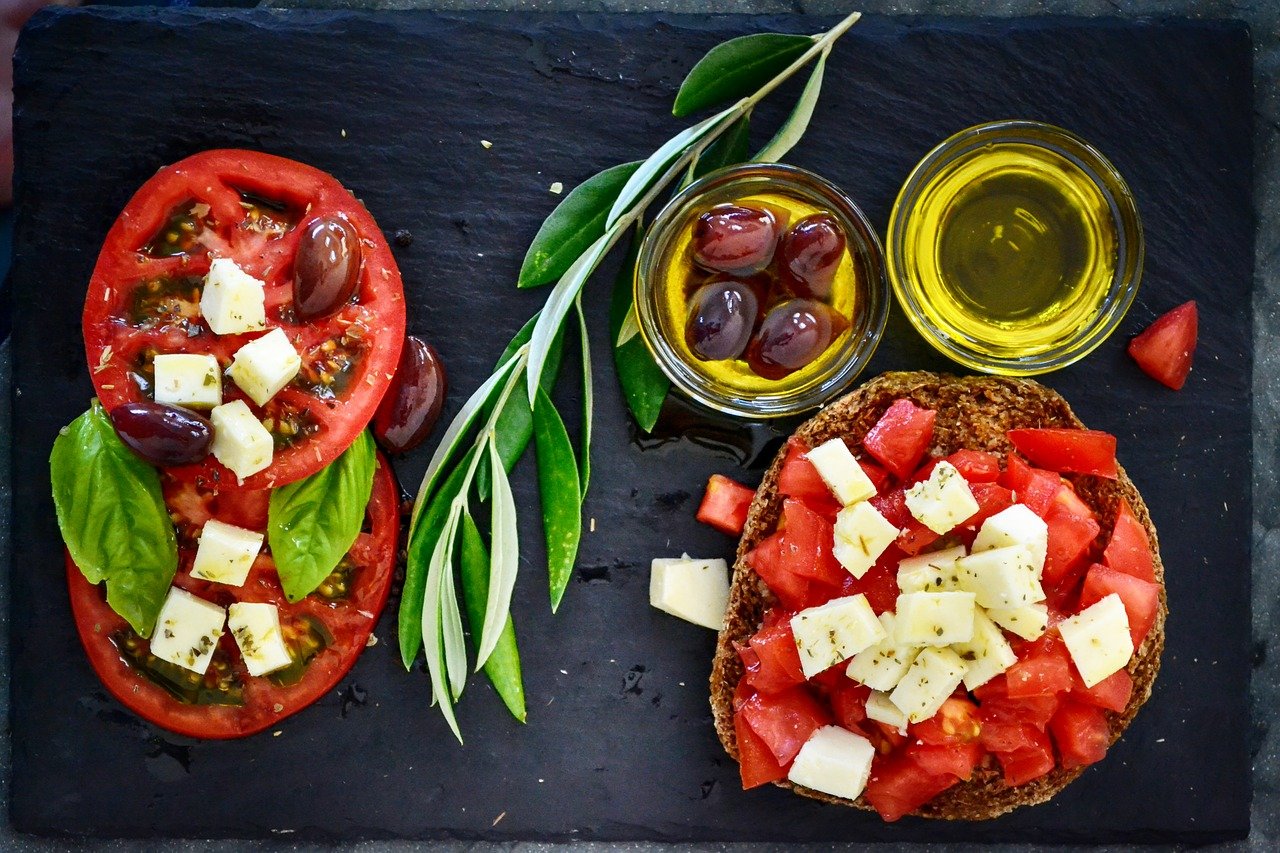The Ancient Greek diet boosts health in many ways, and it is easy to introduce the benefits into your life.
A Mediterranean diet, aka: Ancient Greek Diet, is both delicious and healthy and can help boost your health wellbeing. Not many ancient cultures are renowned for having great nutrition, but the Ancient Greeks are the exception.
The diet of the Ancient Greeks is widely considered to be nutritious and balanced. You might be surprised to discover that many of the foods the Ancient Greeks ate, can be bought easily and cheaply from the Aldi catalogue.
If you go in-store you can easily get olives, quail or hen eggs, honey and bread made from barley – the ingredients they loved.
Here’s a closer look at what they ate, and how that could inspire modern meal plans for optimum health.
The Overall Approach
The diet of the Ancient Greeks isn’t vastly different to that eaten in Greece today. Although there are some dishes which were eaten which have since fallen out of favour, overall, the basis of their cuisine remains the same.
The Ancient Greeks weren’t heavy eaters by today’s standards. They took delight in their food and enjoyed a wide range of foodstuffs, but in small quantities. Although the very early Greeks ate quite a spartan diet, over time this changed to be more expansive. But the core principles of not overeating remained constant, allowing Greeks to become the ultimate gourmets.
An Ancient Greek diet doesn’t involve lots of snacking but also doesn’t leave you hungry. They ate three main meals, breakfast, lunch and dinner, with the heaviest meal in the evening. Meals were balanced and included a diverse range of food;
Olive Oil:
One of the reasons the Mediterranean diet is believed to be so healthy is because of the abundance of olive oil. It protects the heart, can reduce blood pressure and also provides protection against clots.
The Ancient Greek diet was also rich in olive oil. It was considered to be a precious food item, and especially so in Athens where it was believed to have been gifted to them by the goddess Athena. It was always on the table and was used as a core flavouring for many dishes such as soups and pancakes.
Fish:
Fish of all types was consumed voraciously by the Ancient Greeks in even greater quantities than found in the Mediterranean diet today. Fish contains many essential oils and is extremely good for overall health and wellbeing.
Inland where fresh fish wasn’t readily available, salted anchovies and sardines were eaten regularly. However, on the islands and coastal regions, fresh fish was eaten frequently. This could include tuna, eels, squid, octopus and shellfish. Poorer families ate the smaller fish such as sprats while eels were considered an expensive luxury.
Fish was the main protein eaten by Greeks. Meat was much rarer and usually confined to pork, typically in the form of a stew.

Figs:
Figs grow naturally in Greece and they were used in many different ways in the Ancient Greek diet. When they were dried, they were eaten as a snack, often accompanying a glass of wine. When drizzled with honey, they were eaten as the dessert at the end of a meal.
As they were so readily available, figs were eaten widely by the poor as well as the rich. They were sometimes pressed to change their texture, and used as a replacement for bread.
Even the leaves of the fig plant were used, wrapped around fish during baking.
Avoid Milk and Heavy Dairy:
If you look at tales and fables from Ancient Greece, you’ll notice that the villains always drink milk. This is because as a daily occurrence drinking milk was frowned upon and avoided. The same applied to most dairy in general; butter wasn’t a staple on the Greek table.
The only exception was in times of illness; goat’s milk could be prescribed as medicine to cure ills.
The Timing and ambience of Meals:
The success of the Greek diet wasn’t just about what they ate, the timing and atmosphere was also considered essential for good health.
A famous quote from Aesop proclaims, “A crust eaten in peace is better than a banquet partaken in anxiety.”
The Greeks believed that mealtimes, especially dinner, should be enjoyed and savoured. They never rushed their meals and treated them as a social occasion, a chance to relax at the end of the day.
This is a concept that is embraced in modern Greece too, with families gathering to eat rather than gulping down a rushed meal.
Eating slowly and consciously leads to better food choices, and allows your body to recognise when it’s full. This alone can contribute to better health and well-being, even without the additional benefits of a healthy diet.

